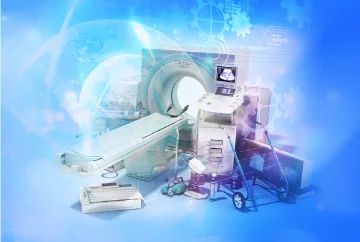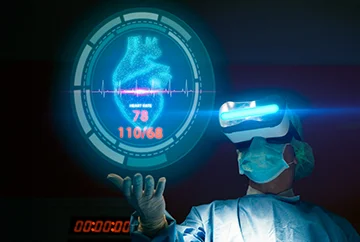Patient safety has taken on an urgency and this focus has forced massive technological advancements in pharmacovigilance. It is crucial and imperative to modernize the clinical trial process, introduce federated machine learning systems, employ artificial intelligence in safety systems, and ensure real-time PV reporting.
With technology adoption, processing time for case intake in pharmacovigilance is exponentially faster. Automating testing cycles brings forth an opportunity to formulate faster hypotheses and expedite adverse events. It improves the drug's Risk-Benefit Profile that further enhances safety standards. It also reduces repetitive activities like duplicate searches of cases and reporting.
Covid-19 pandemic has led to build a robust Drug Safety Reporting system. This is where Online Cloud-based reporting solutions are an integral part of PV post-pandemic.
Responsive intelligence using AI ML with real-time regulatory intelligence is also vital for a sponsor to avoid disrupting clinical trial, including fulfilling legal responsibilities for patient safety.
Then there is robotic process automation solutions for PV to enable rapid implementation of processes. Connected PV agencies, sponsors, and CROs use the cloud to understand one another's requirements, address operational challenges and implement standard solutions.

The spread of Covid-19 challenged traditional clinical trial models. There was a shift towards patient-centered clinical trial designs, rewriting PV protocols to allow remote patient monitoring and in-home delivery. Further, implementing other digital capabilities, concepts like telemedicine kept clinical research viable.






